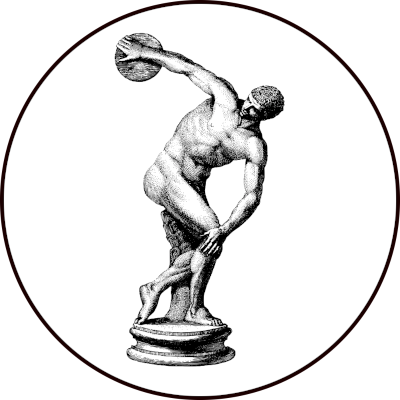

Liftosaur. Super customizable to the point of being programmable.


Liftosaur. Super customizable to the point of being programmable.


I mean, yes, that too. But think of the even more horrifying implications of such a belief.


Sorry, not really into God fanfic anymore.


Right? How many mass-murdering psychopaths has God raised up in authority? What an idiot.


I agree with the mods’ decision, because they have to CYA. Whether a law is right or not is immaterial, they need to protect themselves and Lemmy.world from being taken down by law enforcement, web hosts, or what have you. At the end of the day, “morality” (which we all disagree on) simply doesn’t matter - but material consequences do.
However - piracy is not stealing. Stealing means depriving someone else of something. Cf, “You wouldn’t download a car” - which was hysterical, because of course you would, if it was free and deprived no one of anything.
And is it morally wrong? You assert that like it’s a fact, but obviously many people disagree. What formal system of ethics are you, personally, basing your morals on? Christ? I don’t remember intellectual property mentioned in the Bible. Kant? Maybe - in a world with a categorical imperative to pirate, there might be less incentive to produce piratable content. But I’m not necessarily convinced, because stories, songs, and art all existed prior to the invention of copyright.
Piracy is just copying data around. The moral or ethical implications of that are a matter of personal belief and social norms, which have informed the creation of law (and vice versa). But the history of IP is a lot more complicated than simply “enforcing morality”.
If copyright law had existed contemporaneously with the advent of the printing press,the dissemination of books to the masses would have been much slower and more expensive, and we would likely not have seen the huge jump in literacy across Europe at the time. Once copyrights (called “monopolies”) started to be granted they were not used to protect authors, but were weaponized as tools of censorship, suppressing works seen as subversive. Additionally, they were often granted as privileges to the landed gentry and those in favor with the ruling elite, further consolidating power and control over information and knowledge.
Some people believe that piracy, especially of scientific studies and materials that subvert harmful power structures, is not only moral - but a positive good for society, by democratizing access to information. I think that’s hard to argue with. Of course, not all piracy meets such lofty criteria, but I think it bears more examination than simply dismissing all piracy as “morally wrong”.
There’s too much misinformation on this subject. I’m not an expert, but this is all based on what I’ve read from the most reliable scientific sources I can find.
Creatine timing doesn’t matter at all since your body has to load it over the course of days or weeks anyway. Take it whenever. Just take 5g at some point every day.
Pre-workout obviously before working out. Ostensibly 30 minutes before, to give your body time to take it in. But be aware that caffeine is the only legal OTC pre workout chemical that’s proven to be effective. A recent study even showed carbs didn’t increase performance measurably.
Recent studies show protein timing doesn’t really matter at all either. Your body will use the protein you give it. Now, you probably do want to get enough around the time you’re triggering muscle protein synthesis… Like, within a few hours of exercise. Ie, don’t fast all day, work out, then get your protein 8 hours later.
Other than that? The best pre workout is sleep. Get enough of that shit every night for your best gains in basically every area of your physical and mental health.